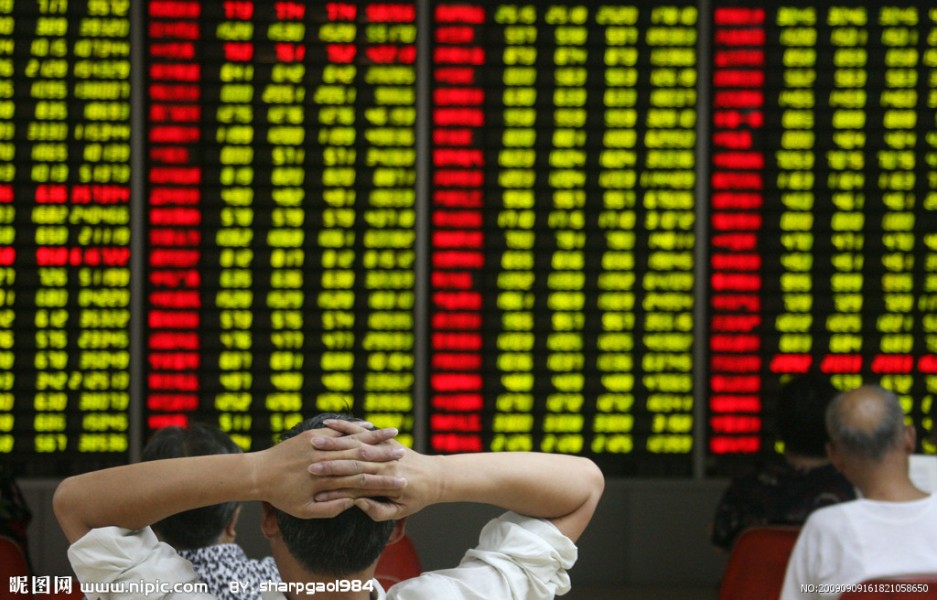China is being accused of censoring and restricting information about yesterday’s stock market crash, now known as “Black Monday”, to prevent further market panic.
Stocks fell by over eight percent yesterday on the Shanghai stock exchange, sending share prices tumbling into a freefall around the world. But some who were searching for news about the crash online were met with blank pages.
China’s biggest search engine, Baidu, is censoring results related to yesterday’s crash, says George Chen, managing editor of the international edition of the South China Morning Post. When searching for terms associated for stock disaster or “Black Monday” yesterday, the search engine says: “Due to related rules and policy, some search results won’t be shown.”
Meanwhile, Chinese news outlets downplayed the crash, putting it deep into websites or in newspapers.
People’s Daily put the stock market crash as its third-most important business news story, not even making the top headlines. Xinhua also made little mention of the crash.
But as The Independent notes, once you find the stories, they report what happened honestly. The headline for the People Daily’s report is “Stocks plunge most since 2007 as State support measures fail”, while Xinhuanet reports “China stocks see sharpest decline since 2007”.
Even a day later, “Black Monday” is still not the top story for many Chinese news organizations as stocks continue to slip.
Yesterday’s stock market crash is only the second and third-top story on Shanghai Daily, trailing “Harsher penalties for sex with girls”. “Black Monday” was also the second story today on CRI English after news regarding heads of state attending the September 3 military parade to be held in Beijing. And on Xinhuanet today, the news was only the third-top story, emphasizing the impact the crash has had on the world at large, and not in China.

